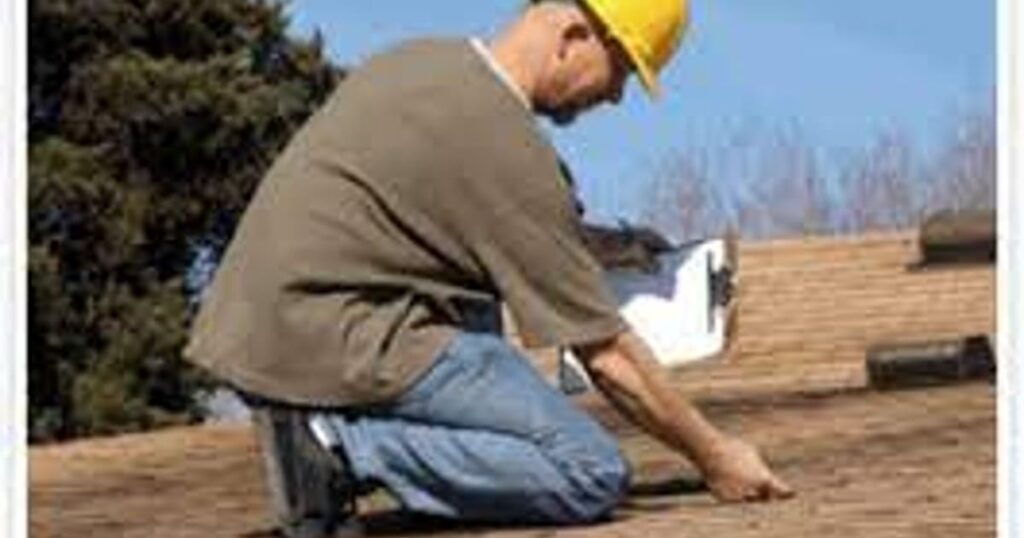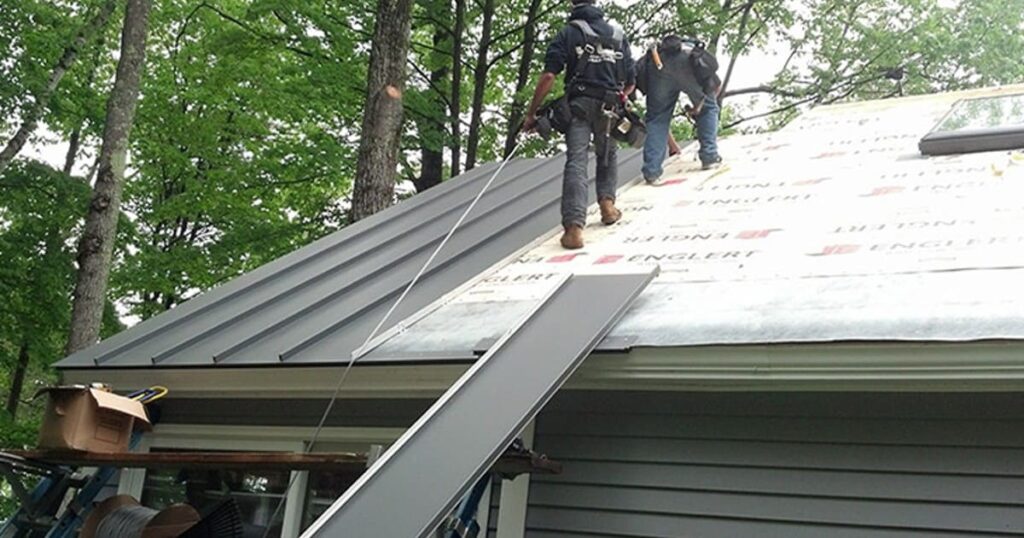
Metal roofing in North Carolina has become increasingly popular among homeowners seeking durability, energy efficiency, and aesthetic appeal. With its ability to withstand the challenging climate of the region, metal roofing offers numerous benefits that make it a preferred choice for modern homes. In this comprehensive guide, we’ll explore everything you need to know about metal roofing in North Carolina, from its advantages and installation process to maintenance tips and common myths debunked.
One of the primary benefits of metal roofing in North Carolina is its exceptional durability and longevity. Unlike traditional roofing materials such as asphalt shingles, which may require frequent replacement due to weather damage and wear, metal roofs can last for decades with minimal maintenance. This longevity ensures that homeowners can enjoy peace of mind knowing their roof is built to withstand the elements and protect their investment for years to come.
Metal roofing is also known for its energy-efficient properties, making it an ideal choice for homes in North Carolina. With proper insulation and reflective coatings, metal roofs can help regulate indoor temperatures, reducing the need for excessive heating and cooling. This not only lowers energy bills but also contributes to a more sustainable and environmentally friendly home.
North Carolina is prone to a variety of weather extremes, including heavy rain, strong winds, and occasional hurricanes. Metal roofing is highly resistant to these elements, providing superior protection against water infiltration, wind uplift, and impact damage. Whether facing torrential downpours or high-speed winds, homeowners can trust that their metal roof will stand strong and secure.
In an era where environmental sustainability is a top priority for many homeowners, metal roofing offers a compelling solution. Made from recyclable materials and often containing a significant percentage of recycled content, metal roofs are inherently eco-friendly. Additionally, their long lifespan reduces the need for frequent replacements, further minimizing environmental impact and waste generation.
Before investing in metal roofing in North Carolina, it’s essential to consider the region’s climate and weather patterns. From the humid subtropical climate of the coastal areas to the more continental climate of the inland regions, North Carolina experiences a diverse range of weather conditions throughout the year. Homeowners should choose metal roofing materials that can withstand high humidity, heavy rainfall, strong winds, and occasional hail storms common in the state.
When planning a metal roofing project in North Carolina, it’s crucial to familiarize yourself with local building codes and regulations. These codes dictate the specific requirements for roofing materials, installation methods, and structural design to ensure compliance with safety standards and environmental considerations. Working with a reputable roofing contractor who is knowledgeable about local regulations can help streamline the permitting process and ensure that your project meets all necessary requirements.
While metal roofing offers long-term cost savings due to its durability and energy efficiency, it typically requires a higher upfront investment compared to traditional roofing materials. Homeowners should carefully assess their budget and weigh the initial cost against the long-term benefits of metal roofing. Factors such as material choice, roof size, and complexity of installation can influence the overall cost of the project. Obtaining multiple quotes from reputable roofing contractors can help homeowners compare prices and find a solution that fits their budget without compromising quality.
Metal roofing is available in a variety of styles, colors, and finishes to complement different architectural designs and aesthetic preferences. Whether you prefer the sleek and modern look of standing seam metal roofs or the timeless charm of metal shingles or tiles, there’s a metal roofing option to suit every style. Homeowners should consider the architectural style of their home, neighborhood regulations, and personal taste when selecting a metal roofing material that enhances the overall curb appeal and value of their property.
Before the installation begins, your roofing contractor will conduct a thorough inspection of your existing roof and assess any necessary repairs or preparations. This may include removing old roofing materials, repairing damaged decking or framing, and ensuring proper ventilation and insulation for optimal performance.

Once the pre-installation preparations are complete, the contractor will take precise measurements of your roof to determine the amount of materials needed and create a detailed installation plan. This may involve using specialized tools and equipment to assess the roof’s pitch, slope, and surface area accurately.
With the measurements in hand, you’ll work with your contractor to select the metal roofing material, style, and color that best suits your home’s aesthetic and performance requirements. Your contractor will then order the necessary materials from trusted suppliers and coordinate delivery to ensure timely commencement of the installation.

The actual installation process will vary depending on the complexity of your roof and the chosen metal roofing system. In general, the process involves laying down the roofing materials according to the manufacturer’s specifications, fastening them securely to the roof deck, and sealing any seams or penetrations to prevent water infiltration. Your contractor will work diligently to complete the installation within the agreed-upon timeline while maintaining a clean and safe work environment.
Contrary to popular belief, metal roofs do not attract lightning strikes any more than other roofing materials. In fact, metal roofs are non-combustible and can actually help dissipate electrical charges safely in the event of a lightning strike, reducing the risk of fire damage to your home.
While metal roofs may produce more noise than some other roofing materials during heavy rainstorms, modern installation techniques and insulation materials can significantly reduce noise transmission. With proper insulation and underlayment, you can enjoy a quiet and peaceful indoor environment even during the heaviest downpours.
While it’s true that metal roofs can dent under extreme impact, such as from falling branches or hailstones, most metal roofing materials are designed to withstand moderate to severe weather conditions without sustaining significant damage. With proper maintenance and occasional repairs, your metal roof can maintain its structural integrity and aesthetic appeal for many years.
On the contrary, metal roofing is well-suited to hot climates like North Carolina, thanks to its reflective properties and ability to dissipate heat quickly. By reducing heat absorption and thermal transfer into your home, metal roofs can help lower indoor temperatures and reduce the demand for air conditioning, resulting in energy savings and improved comfort year-round.
In conclusion, metal roofing in North Carolina offers numerous benefits that make it a superior choice for homeowners seeking durability, energy efficiency, and aesthetic appeal. With its ability to withstand the region’s diverse weather conditions, including heavy rain, strong winds, and extreme temperatures, metal roofing provides long-lasting protection and peace of mind. By considering factors such as climate considerations, material selection, and contractor qualifications, homeowners can make informed decisions and invest in a roofing solution that meets their needs and exceeds their expectations. Whether you’re building a new home or renovating an existing property, metal roofing offers a timeless and sustainable option that will enhance the beauty and value of your home for years to come.